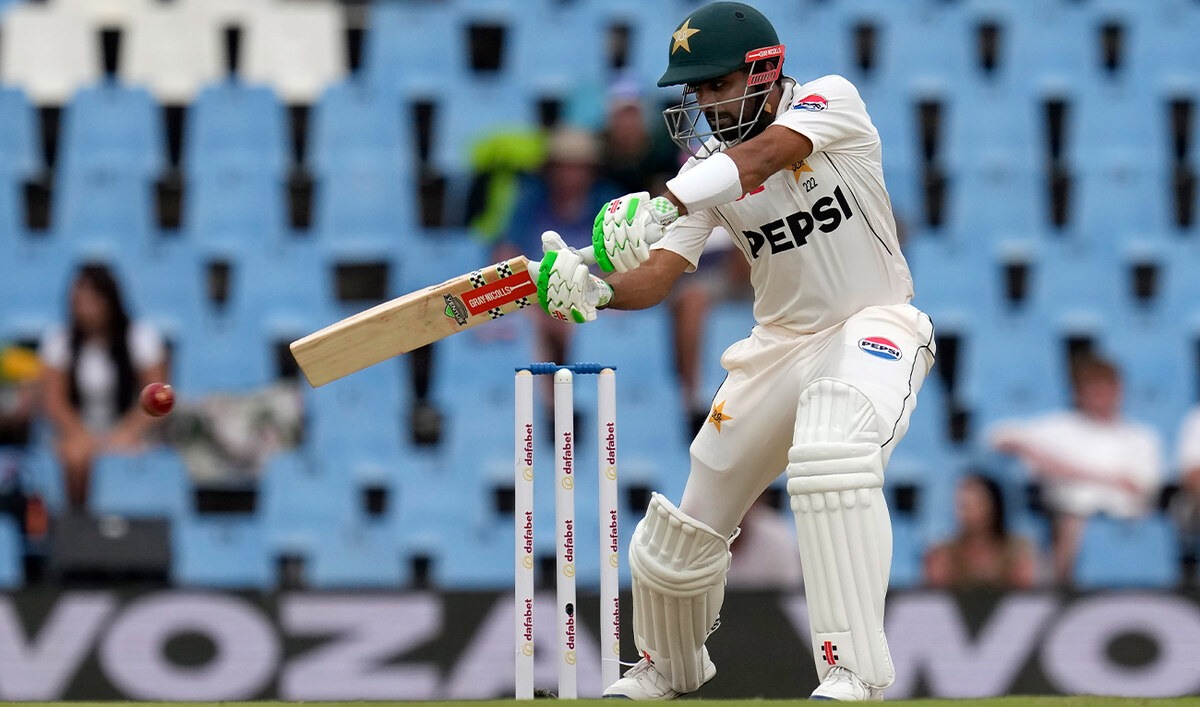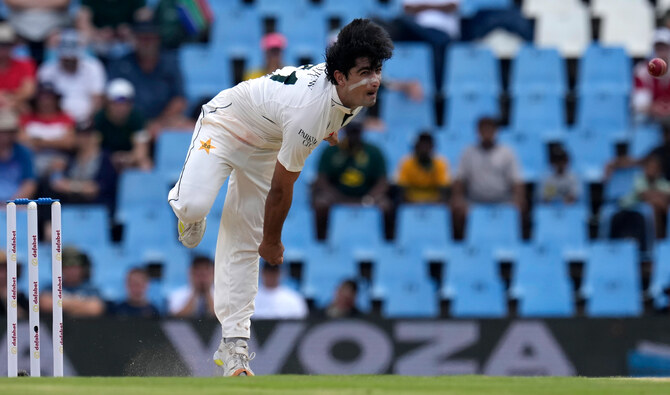ISLAMABAD: In a decision likely to put the government on a collision course with the judiciary, the federal cabinet on Sunday decided to seek the parliament’s guidance on releasing funds for elections in Pakistan’s most populous Punjab province.
In a landmark judgment last week, the Supreme Court of Pakistan ordered elections to be held in Punjab on May 14, saying that the Election Commission of Pakistan’s (ECP) earlier decision to delay polls to October 8 from April 30, owing to security and lack of funding reasons was “unconstitutional.”
The top court also directed the federal government to release Rs21 billion in funds to the ECP by April 10 so that it can conduct the polls. The Supreme Court had also ordered Pakistan’s election regulator to submit a report on the funds by April 11.
The apex court’s judgment has increased tensions between the government and the judiciary, with the former sticking to its guns that polls for both assemblies should be held on the same day since it is economically viable. The ruling Pakistan Muslim League-Nawaz (PML-N) has called on Chief Justice Umar Ata Bandial to resign, calling the three judges who gave the verdict “biased” in favor of ex-PM Imran Khan.
On Sunday, PM Sharif presided over a federal cabinet meeting in Lahore where Pakistan’s political situation and the judiciary’s recent verdict were discussed in detail.
“After detailed discussions and considering all aspects, the cabinet has unanimously decided to direct the Ministry of Finance to consult the law ministry and in accordance with relevant procedures and regulations, prepare a summary on seeking guidance from the parliament in this regard [elections fund] and present it in tomorrow’s cabinet meeting,” a statement from the Prime Minister’s Office (PMO) said.
The controversy over the delay in elections in Pakistan’s northwestern Khyber Pakhtunkhwa and Punjab provinces was triggered when former prime minister Khan’s party and its ally dissolved assemblies in both provinces.
The move was Khan’s attempt to force the government to declare early elections, as Pakistan has historically held polls on the same day for both national and provincial elections. However, according to Pakistan’s constitution, elections should be held after 90 days of the dissolution of a legislative assembly.
Khan says the government is “afraid” of his rising popularity hence it does not want to hold elections and has warned of nationwide protests if polls are delayed.
A joint session of Pakistan’s parliament will be held on Monday after President Arif Alvi returned a bill by the government aimed at clipping the chief justice’s powers. The bill curtailed the top judge’s authority to constitute benches and take suo motu notices (power of the court to take cognizance of a matter and take notice of it) in an individual capacity.



















